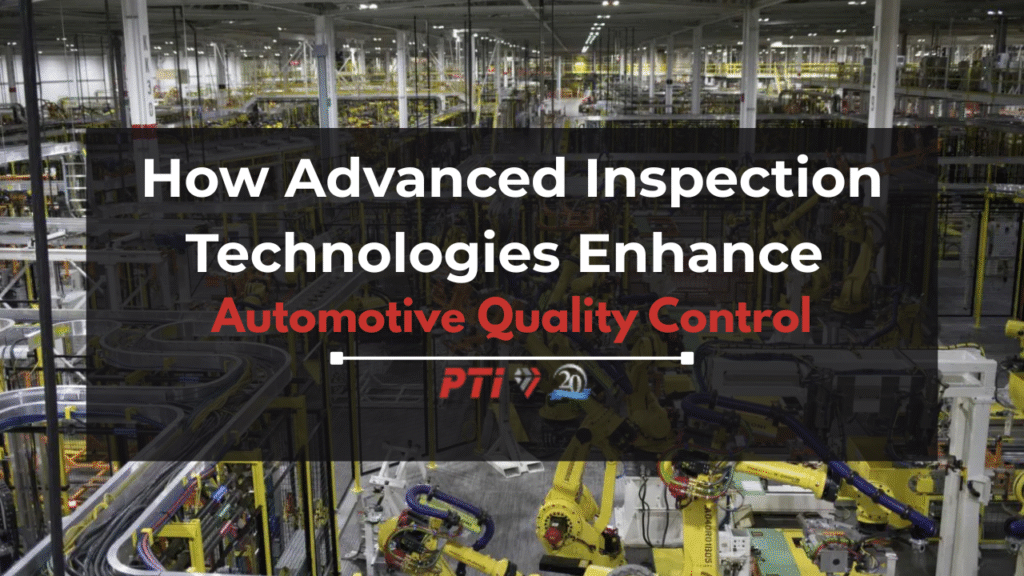In today’s competitive automotive industry, maintaining high-quality standards is more critical than ever. Advanced inspection technologies are transforming quality control processes by enabling faster, more accurate detection of defects. These technologies help manufacturers and suppliers reduce costs, minimize recalls, and ensure compliance with industry standards like IATF 16949.
Key Advanced Inspection Technologies in Automotive Quality Control
1. Automated Vision Inspection Systems
Using high-resolution cameras and AI-powered image processing, these systems detect surface defects, dimensional errors, and assembly faults with exceptional precision and speed.
2. Non-Destructive Testing (NDT)
Techniques such as ultrasonic testing, X-ray, and infrared thermography allow inspection of internal component integrity without damaging parts, ensuring reliability and safety.
3. 3D Scanning and Laser Measurement
These technologies provide precise dimensional measurements and surface profiling, enabling early detection of manufacturing deviations.
4. Robotic Inspection and Sorting
Automated robots equipped with sensors and cameras perform high-speed inspections and sorting, reducing human error and increasing throughput.
5. Real-Time Data Analytics and AI Integration
Advanced software analyzes inspection data in real time, identifying trends and anomalies to support proactive quality management.
Benefits of Using Advanced Inspection Technologies
- Improved Defect Detection Accuracy: Reduces false positives and missed defects.
- Increased Inspection Speed: Supports high-volume production without sacrificing quality.
- Enhanced Process Control: Provides actionable insights for continuous improvement.
- Reduced Labor Costs: Automates repetitive inspection tasks.
- Compliance Assurance: Helps meet stringent automotive quality standards.
How PTI Integrates Advanced Inspection Technologies
PTI partners with automotive manufacturers and suppliers to implement tailored inspection solutions that combine the latest technologies with expert analysis. Our services include:
- Technology assessment and integration consulting
- On-site and remote inspection services using advanced tools
- Data-driven root cause analysis and corrective action support
- Training programs for quality teams on new inspection technologies
Case Study: Enhancing Automotive Quality Control with PTI’s Advanced Inspection Technologies
Frequently Asked Questions
Q1: What are advanced inspection technologies in automotive quality control?
They are modern tools and systems like AI-powered vision, NDT, and robotics used to detect defects accurately and efficiently.
Q2: How do these technologies improve manufacturing quality?
By increasing detection accuracy, speeding inspections, and providing real-time data for process improvements.
Q3: Can PTI help implement these technologies?
Yes, PTI offers consulting, inspection services, and training to help clients adopt advanced inspection solutions.
Q4: Are these technologies compliant with automotive standards?
Yes, they support compliance with standards such as IATF 16949 and OEM requirements.
Q5: What is the ROI of investing in advanced inspection technologies?
Improved quality, reduced recalls, lower labor costs, and increased production efficiency deliver strong returns.
Conclusion:
Advanced inspection technologies are revolutionizing automotive quality control by enhancing defect detection and enabling smarter manufacturing processes.
Partnering with PTI ensures you leverage these innovations effectively to maintain superior quality, reduce costs, and stay competitive.
Ready to upgrade your quality control with advanced inspection technologies?
Contact PTI today to learn how our expert solutions can help you achieve excellence in automotive manufacturing.
